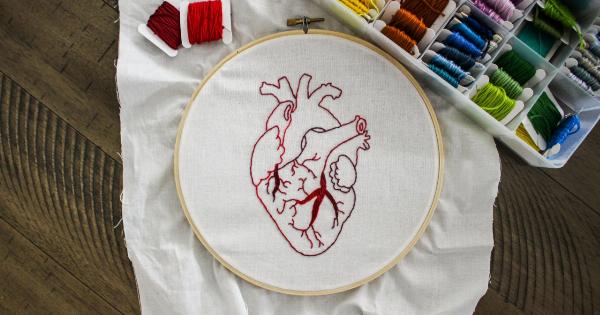Diabetes is a chronic metabolic disorder characterized by high blood sugar levels. It has become a major health concern worldwide, with over 463 million people suffering from the condition. Diabetes is classified into two main types – Type 1 and Type 2.
Type 1 diabetes occurs when the body’s immune system attacks and destroys insulin-producing cells in the pancreas, leading to low insulin levels. Type 2 diabetes occurs when the body becomes resistant to insulin, or the pancreas does not produce enough insulin.
Managing Diabetes
Managing diabetes involves a combination of lifestyle changes, including diet and exercise, and medications. Medications for diabetes include oral medications, injectable medications, and insulin therapy.
The Cost of Managing Diabetes
The cost of managing diabetes can be high, especially for patients who require insulin therapy. Insulin therapy, which involves injecting insulin into the body to regulate blood sugar levels, can be expensive.
Additionally, patients with diabetes may require regular check-ups and screenings to monitor their condition. The total expenditure of managing diabetes can be a burden for some patients and their families.
Game-Changing Drugs
Game-changing drugs have revolutionized the management of diabetes.
These drugs are designed to minimize the total expenditure of managing diabetes by providing better blood sugar control, reducing the number of injections needed, and avoiding the need for hospitalization.
SGLT2 Inhibitors
SGLT2 inhibitors are a class of drugs that work by blocking a protein called SGLT2 in the kidneys, which increases glucose excretion in the urine. These drugs have been shown to improve blood sugar control, reduce body weight, and lower blood pressure.
They have also been found to lower the risk of heart failure and kidney disease in patients with diabetes. SGLT2 inhibitors have the potential to reduce the need for insulin therapy, thereby reducing the cost of managing diabetes.
GLP-1 Receptor Agonists
GLP-1 receptor agonists are a class of drugs that work by mimicking the action of a hormone called glucagon-like peptide-1 (GLP-1), which stimulates insulin secretion and reduces appetite.
These drugs have been found to improve blood sugar control, reduce body weight, and lower the risk of cardiovascular events in patients with diabetes. GLP-1 receptor agonists have the potential to reduce the need for insulin therapy, thereby reducing the cost of managing diabetes.
Insulin Analogues
Insulin analogues are a newer form of insulin that has been modified to provide more consistent blood sugar control and reduce the risk of hypoglycemia.
These drugs are designed to work more quickly and more predictably than conventional insulin, and they have a longer duration of action. Insulin analogues have the potential to reduce the number of injections needed, as well as the need for hospitalization and emergency care.
Conclusion
Game-changing drugs have the potential to minimize the total expenditure of managing diabetes by providing better blood sugar control, reducing the need for insulin therapy, and avoiding the need for hospitalization.
SGLT2 inhibitors, GLP-1 receptor agonists, and insulin analogues are just some of the drugs that have revolutionized the management of diabetes. Patients with diabetes should consult with their healthcare provider to determine which medications are best suited to their needs.




























